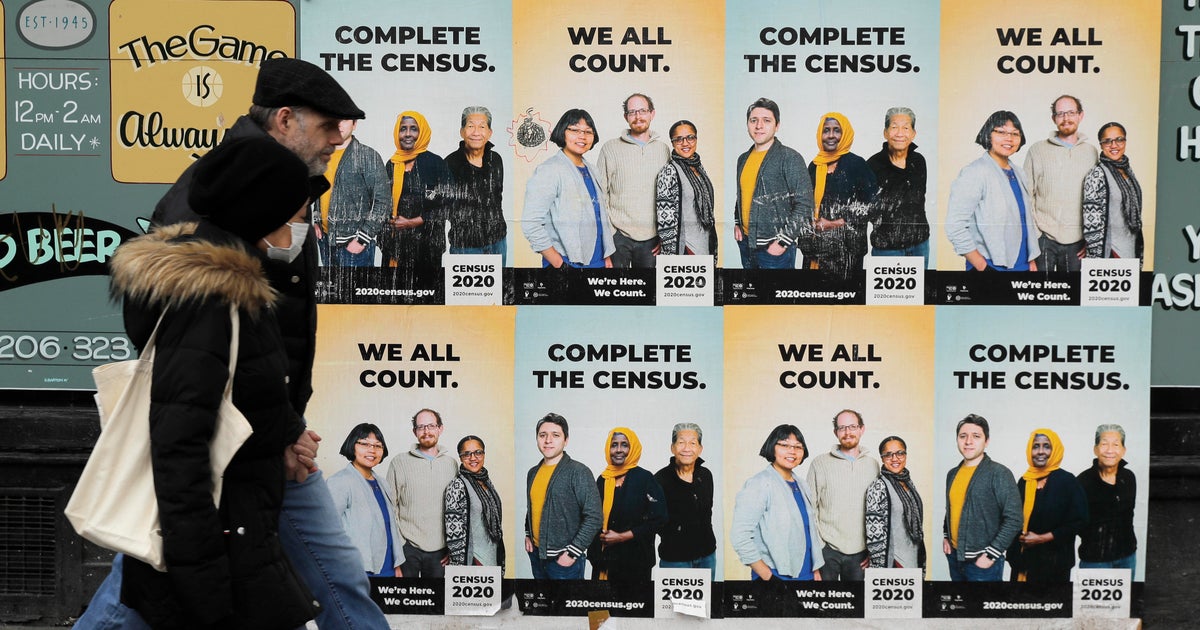Understanding the Census: Examining Past Debates Over Citizenship and Apportionment Ahead of 2030
Understanding the Census: Examining Past Debates Over Citizenship and Apportionment Ahead of 2030

While the decennial census for 2030 is still years away, past debates surrounding its methodology and impact continue to shape public discourse. Notably, former President Trump’s administration previously sought to exclude undocumented immigrants from the population count used for congressional apportionment and attempted to add a citizenship question to the 2020 census. These efforts, though ultimately unsuccessful for the 2020 count, highlighted the profound national repercussions of census design on congressional seat alignment and federal funding.
The U.S. Constitution mandates a census every 10 years, primarily for reapportioning the 435 House of Representatives seats among states. Data collection for the 2030 census is slated to begin on Census Day, April 1, 2030, with planning having commenced as early as 2019. The Census Bureau’s extensive process involves design planning, small-scale field tests, and ultimately, large-scale data collection. While the decennial census does not collect data on political party, income, or religion, the American Community Survey, conducted annually, gathers demographic and socioeconomic information, including citizenship status, from a sample of households.
Past census cycles have faced challenges, including undercounts of certain populations. The 2020 census, for instance, saw an undercount of Black, Latino, and Indigenous populations, partly attributed to COVID-19 delays and a ‘chilling effect’ from the proposed citizenship question. Furthermore, the census data directly influences state-level redistricting, a process often fraught with partisan contention. Debates over how population changes affect seat distribution and the subsequent redrawing of district lines remain a focal point in American politics, underscoring the enduring significance of the decennial count.
Disclaimer: This content is aggregated from public sources online. Please verify information independently. If you believe your rights have been infringed, contact us for removal.